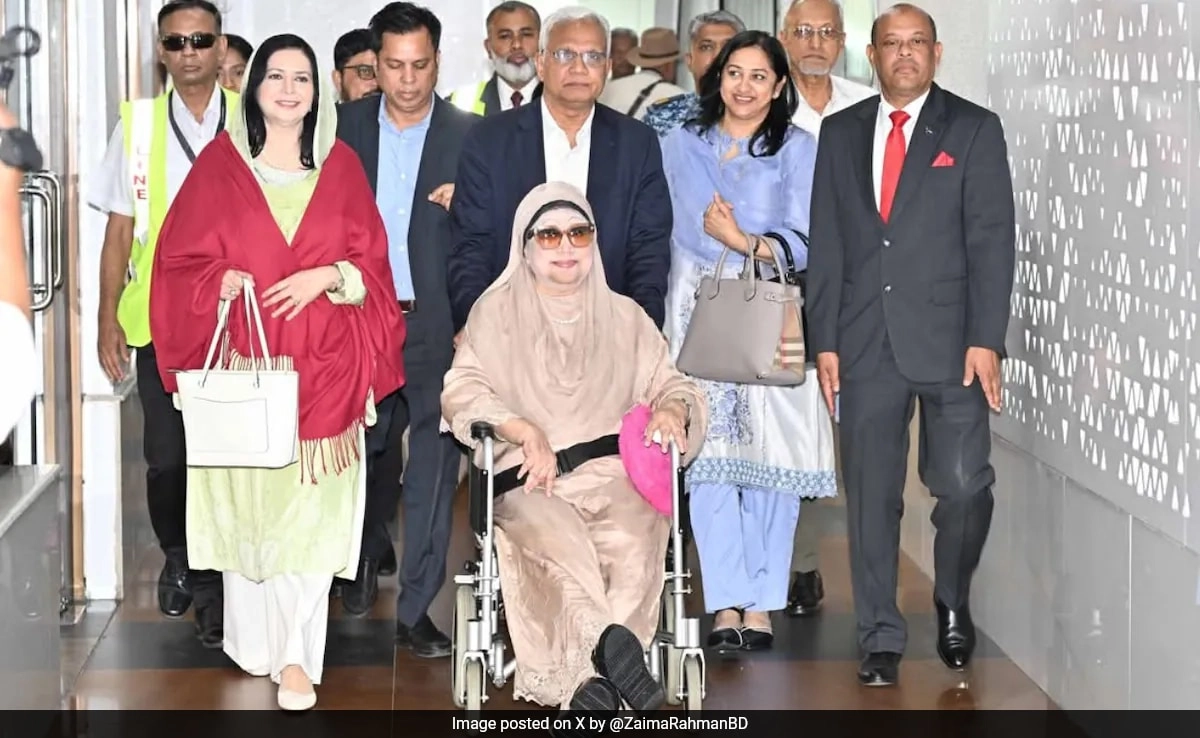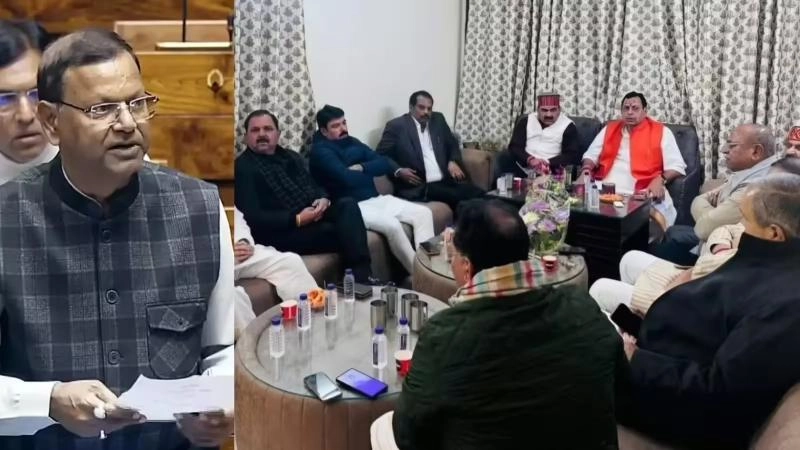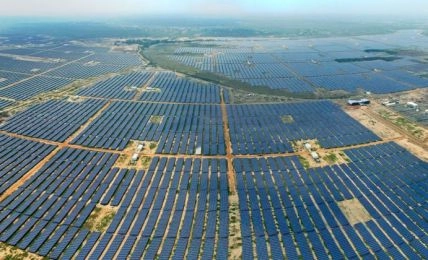Khaleda Zia, the former Prime Minister of Bangladesh, has made her return to Dhaka following a period of medical treatment abroad. Her arrival marks a significant moment in the political landscape of Bangladesh, as Zia has been a prominent figure in the nation’s politics for several decades. Her health issues have been a matter of public concern, and her treatment overseas was seen as a crucial step in her recovery. Zia, who has faced numerous legal and political challenges in recent years, is the leader of the Bangladesh Nationalist Party (BNP) and has been a central figure in the opposition against the current ruling government.
Upon her return, supporters of Zia gathered to welcome her, underscoring her enduring influence and the loyalty she commands among her followers. The atmosphere was charged with emotion as many expressed their relief and joy at her return, highlighting the deep connections she has established with the people of Bangladesh throughout her political career. Zia’s health and political status have remained intertwined, as her ability to engage in political activities has been hampered by her legal battles and previous health issues. Her return is expected to reinvigorate her party’s efforts and may reshape the opposition’s strategies moving forward.
The political implications of Zia’s return cannot be understated. With the atmosphere in Bangladesh often characterized by intense political rivalry, her presence is likely to galvanize her supporters and potentially increase tensions with the ruling party. Zia’s leadership and experience are invaluable assets for the BNP, especially as the country approaches critical political events. Observers will be keen to see how her health and legal status will influence the party’s actions in the coming months. Moreover, Zia’s return raises questions about the future of political discourse in Bangladesh and the role of opposition parties in a landscape dominated by the ruling government.
Overall, Khaleda Zia’s return to Dhaka after treatment abroad is not merely a personal milestone but a significant event in the broader context of Bangladeshi politics. It symbolizes resilience in the face of adversity and indicates a potential shift in the political dynamics of the nation. As Zia reacclimates to her life in Bangladesh, both her supporters and political opponents will be watching closely to see how her next steps will unfold in the complex tapestry of the country’s political arena.




